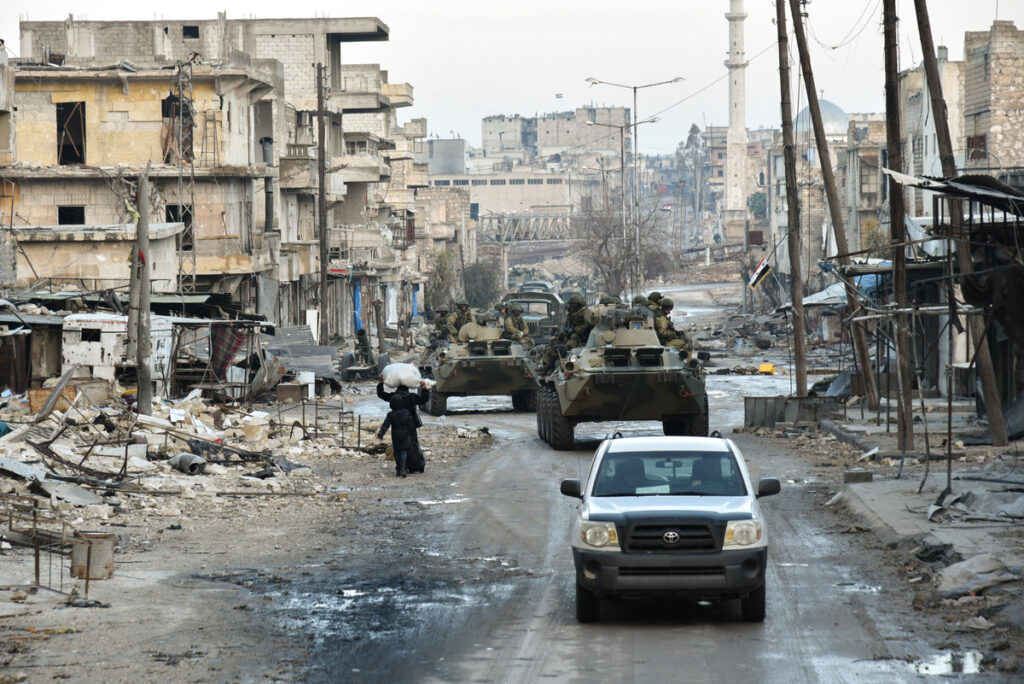Numerous Belgian women were recruited to wage "sexual jihad" for Daesh (ISIS) in Syria, according to new research by Aicha Bacha, an academic at the Université Libre de Bruxelles (ULB) and author of the recent book The Legacy of Jihad on Belgian Territory ("Le djihad en héritage sur le territoire belge").
Bacha claims that up to 80 Belgian women have travelled to Syria since the start of the country's civil war in 2011. Upon arrival, the vast majority of them were quickly "turned into recruiters, propagandists, and objects of pleasure".
According to Bacha, many of the women who departed for Syria only did so because their husbands had forced them to do so. "In the [version of] Islam preached by ISIS, they had no choice. It was the jihad that was planned for them: the jihad of sex."
Distorted teaching
Bacha also highlighted the pernicious impact of 'mourchidates', or female Islamic religious advisers, who "awakened in the women the need to become a wife and mother, preparing them for the arrival of an ideal man who would accompany them to Syria for the "sexual jihad."
"I had the impression that I was sometimes only used as a sexual object," one of the women, who was eventually able to return to Belgium, told Bacha. "My duty being a wife forced me to put up with all this. [I was told] to do the housework, to dress properly and to take care of my new husband and 'meet his needs' when he returned from battle."
While in Syria, the women were invariably situated within a strict hierarchy, with a fighter's "first wife" typically treated significantly better than his other spouses.
Bacha tells one harrowing story of a young Belgian woman whose husband was killed in battle soon after her arrival in Syria, and who was then quickly forced to wed another, already-married fighter. She was subsequently severely beaten by her new husband's first wife — who labelled her a "husband thief" — as well as by her husband, who criticised her for "not fulfilling her duty by not obeying other women when he was not there."
The woman, who was eventually able to escape and return to Belgium, now considers herself "60% disabled". Her remaining family in Belgium treats her as a "worthless" outcast who "no longer has a life ahead of her".
Alienation and marginalisation
In her research, Bacha emphasises how, from a very young age, many of the women who went to Syria often identified as "neither Belgian nor Moroccan" and, more generally, felt "marginalised" by Belgian society and oppressed by "heavy family and cultural control which did not give them time to breathe." Syria, they were promised, would give them the chance to "lead an adventure that would allow them to start from scratch", and to achieve "a certain emancipation".
In other work, Bacha has suggested that similar feelings of cultural alienation, marginalisation, and general purposelessness led many Belgian men to go and fight in Syria: no less than 422 Belgian jihadists have joined ISIS since the start of the Syrian civil war, 142 of whom have since died.
In particular, Bacha notes that many of the Belgian men came from "wrecked homes", and were raised in households in which the father was typically absent or, worse, physically abusive towards the mother and children.
"They reproduced what they had seen as a child, at home, at school, on the street, in Syria," Bacha writes.
Related News
- Threats made against Syrian embassy in Brussels
- Female jihadi commander sentenced to 20 years in jail
- Video: How a Belgian mother lost her son to radical Islam
While Bacha is careful not to draw a straight causal line from a broken home and abusive father to jihadism — indeed, as she notes, the vast majority of people with troubled upbringings do not grow up to become international terrorists — she is, nevertheless, explicit in her belief that such factors can provide fertile soil within which pernicious ideologies can easily take root.
"Children who have suffered violence reproduce violence," Bacha writes. "Young people who have experienced scenes of violence are like sleeping volcanoes. And the earlier the violence took place in life, the more likely it is to rebuild and result in serious personality imbalances."
Bacha adds that, when the mother is abused by the father, "the frustration and the revolutionary sense increase in the young person. And when this feeling is accompanied by other factors, he prefers to go to war in Syria, a fight that he could not do in Belgium".
To corroborate her analysis, Bacha quotes a statement made by an imprisoned jihadist to his mother, when she recently visited him in jail: "The reason I got here is because of my father."

